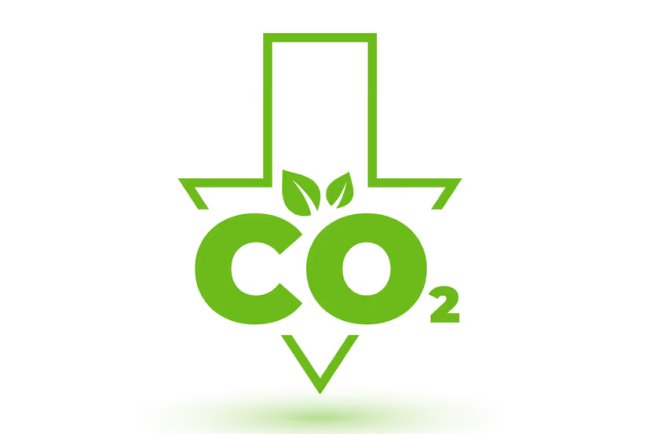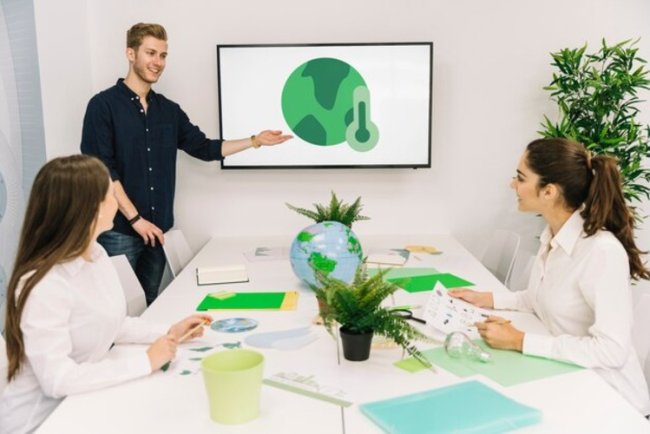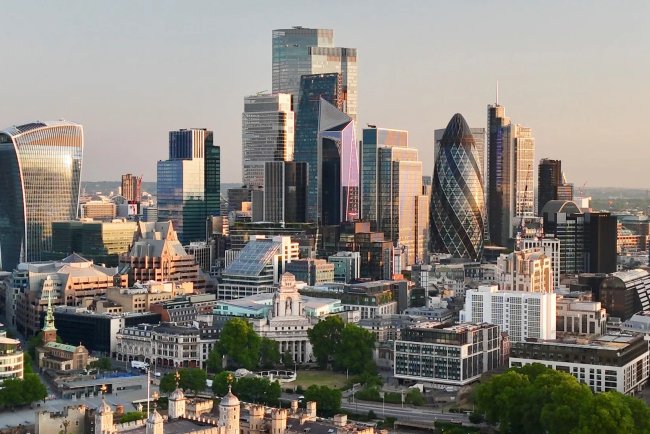LEGO Group Triples Renewable Materials in Bricks 2024
LEGO Group nearly triples renewable materials in bricks, reaching 33% in 2024 as part of sustainability goals.

The LEGO Group has progressed significantly in its sustainability journey, almost tripled the use of renewable materials in its bricks in 2024. In its newly published 2024 Sustainability Statement, LEGO bricks contained an estimated 33% material from renewable resources, up dramatically from a 12% figure in the prior year. This is a big step towards the company's vision of making its products using only sustainable materials by 2032.
Sustainability is now the focal point for the LEGO Group, which has established bold environmental goals, such as reaching net-zero emissions in its value chain by 2050 and lowering carbon emissions by 37% by 2032 based on a 2019 baseline. To push these objectives ahead, the company raised overall investment in environmental sustainability by 68% in 2024, almost three times its expenditure on this front since 2022.
An integral component of the company's sustainability plan includes ongoing research on alternative materials to reduce the environmental footprint of its products and packaging. To this effect, LEGO Group has pursued several renewable and recycled materials that can substitute fossil-based plastics. Although there was a setback in 2023, when it canceled plans to produce bricks made of recycled PET (rPET) plastic because it believed it would not make meaningful carbon savings, the firm has remained innovative. It has experimented with more than 600 grades of materials and is currently engaged on solutions for acrylonitrile butadiene styrene (ABS), a polymer that makes up around 85% of the resin in LEGO bricks. But these solutions are not yet scalable.
In order to fill the gap while continuing research, LEGO has turned towards a mass balance strategy to expand the percentage of renewable and recycled inputs in its raw materials. Under this strategy, suppliers mix virgin fossil-based material with certified renewable or recycled sources—like used cooking oil or plant oil—and issue certificates attesting to how much renewable content LEGO has bought. The effect of this approach has been profound; in 2024, 47% of the resin purchased by LEGO came through mass balance, from 18% in 2023, bringing the estimated renewable content in LEGO's overall resin to 33%. The organization has a goal to drive this percentage even higher to 53% by 2025.
In addition to material innovation, LEGO has also deepened its emphasis on sustainable sourcing and packaging. In 2024, it introduced a Supplier Sustainability Programme that set new expectations for its suppliers to meet the company's environmental aspirations. One of the key parts of this programme is the commitment of 52 strategic suppliers covering more than 50% of LEGO's Scope 3 greenhouse gas (GHG) emissions to achieve the company's emission reduction targets for 2026 and 2028. This initiative is likely to contribute substantially to the reduction of LEGO's indirect carbon footprint.
The company has also achieved significant improvement in converting to more environmentally friendly packaging. As of 2024's end, 93% of its packaging (by weight) consisted of paper, closing in on its aim to hit 95% in 2025. The move to paper packaging is part of LEGO's larger initiative to decrease plastic waste and make its products more recyclable.
LEGO Group CEO Niels B. Christiansen noted the significance of these efforts, highlighting the responsibility of the company to build a more sustainable future. As LEGO has a deep bond with children across the globe, he emphasized the company's role in ensuring future generations have a healthier planet to inherit.
These recent sustainability milestones mark LEGO Group's commitment to addressing environmental issues head-on. Although challenges persist—specifically in ramping up alternative materials to replace ABS—the firm's consistent strides in renewable materials uptake, supplier collaboration, and packaging enhancements indicate it is firmly on course toward its long-term sustainability vision.
What's Your Reaction?

















